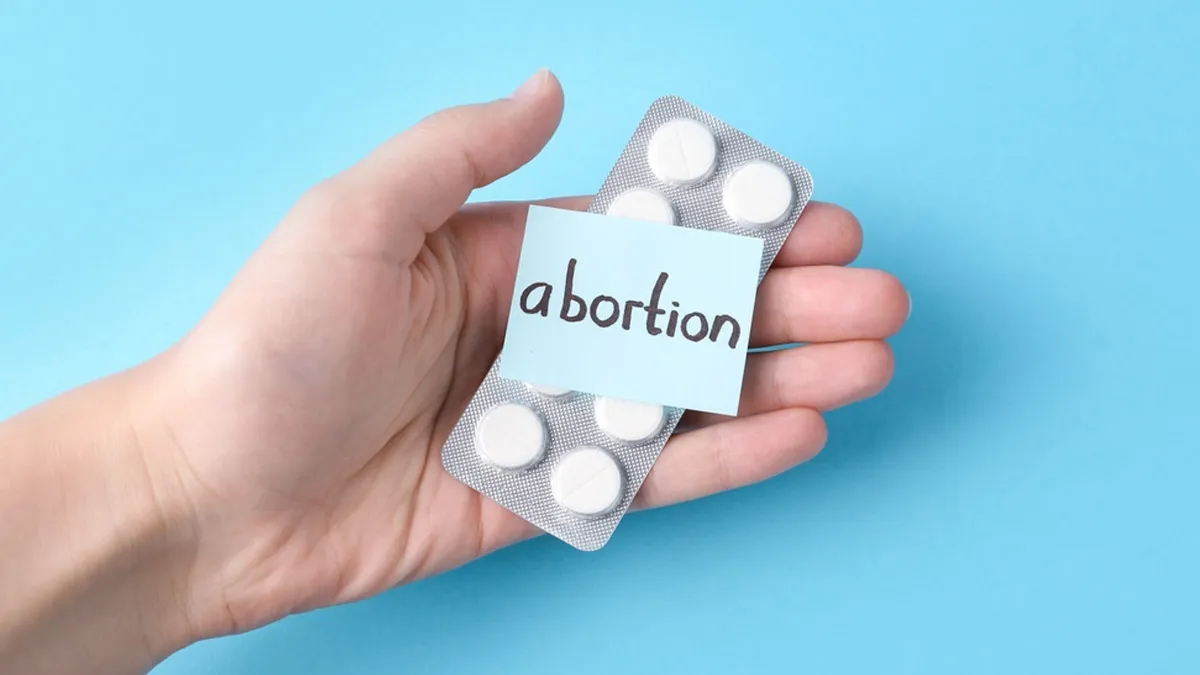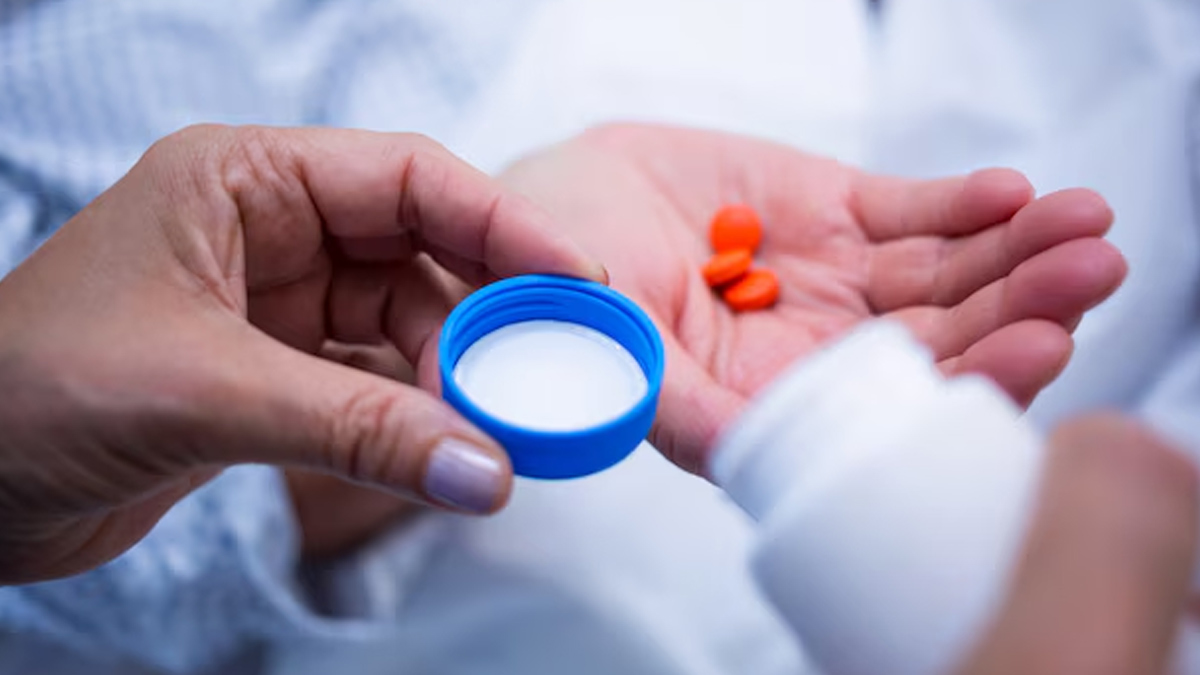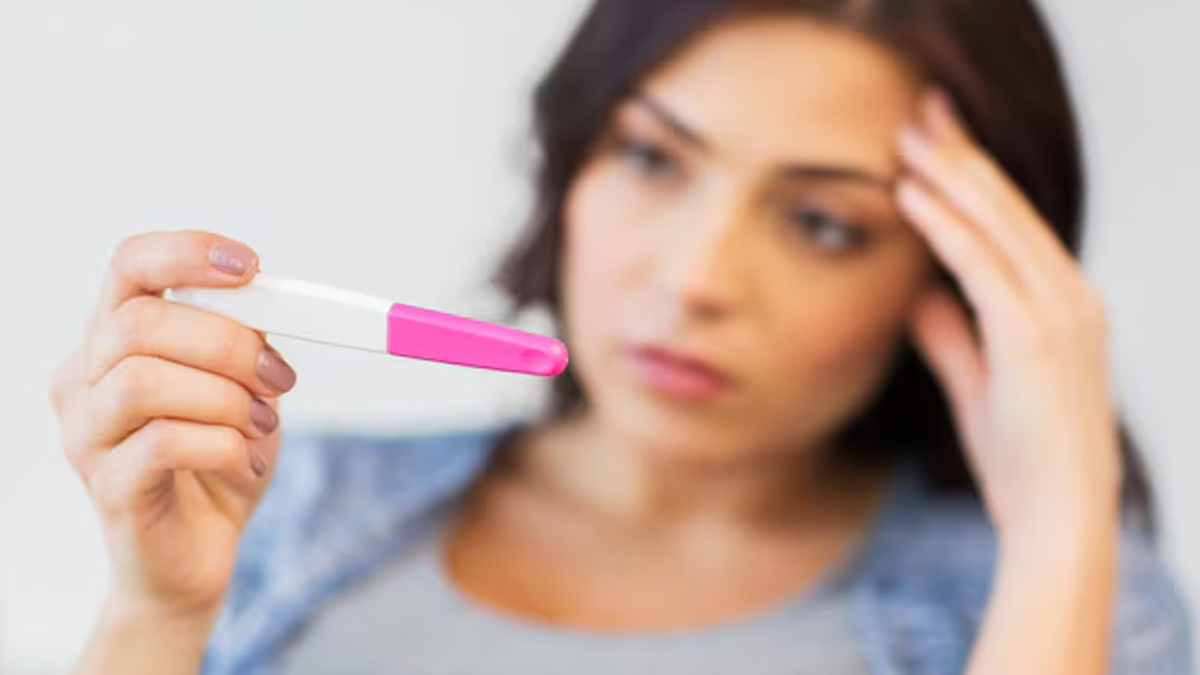
Medical abortion using the abortion pill is a safe and effective way to terminate an early pregnancy. However, one of the most common concerns women have after taking the pill is whether the procedure has worked. The pills can be taken at home, allowing for privacy and comfort during the process. We spoke to Dr Vaishali Sharma, MD ( AIIMS), Gynaecologist and Obstetrics, IVF Specialist, Delhi, who explained how to determine if the abortion pill worked and what to do if you’re uncertain.
Table of Content:-
How Does the Abortion Pill Work?

The abortion pill consists of two medications: mifepristone and misoprostol.
- Mifepristone stops the hormone progesterone from working. Progesterone is necessary to keep a pregnancy going, so when it's blocked, the pregnancy ends.
- Misoprostol causes the uterus to contract, leading to cramping and bleeding that expels the pregnancy tissue.
The process usually begins within a few hours after taking misoprostol and is most effective within the first 10 weeks of pregnancy.
According to Yale Medicine, after taking the first pill (mifepristone), most people don't feel anything. After taking the second pill (misoprostol), bleeding and cramps usually start within a few hours. It can feel like a heavy, painful period or an early miscarriage. The farther along the pregnancy is, the more uncomfortable it may be.
Also Read: Understanding Risks: Say No To Illegal Abortion And Yes To Safe Abortion Care
Signs That the Abortion Pill Worked
After taking the abortion pill, here are the key signs that indicate a successful abortion:
Heavy Bleeding and Passing of Tissue

- Bleeding similar to a heavy period is expected, often with large clots.
- You may notice greyish or whitish pregnancy tissue, a sign that the pregnancy has been expelled.
Strong Cramping
Uterine contractions help push out the pregnancy tissue. Intense cramping, which gradually subsides, indicates that the process is working.
Reduction of Pregnancy Symptoms
Symptoms like nausea, breast tenderness, and fatigue should decrease within a few days after a successful abortion.
Negative Pregnancy Test (After 3-4 Weeks)

A home pregnancy test may still show positive results immediately after an abortion due to remaining pregnancy hormones. To confirm, take a test 3-4 weeks later, as hCG levels should return to normal by then. A 2022 study found that for almost 96.5% of people who used abortion medication on their own, the medication was effective in ending their pregnancy.
According to the American College of Obstetricians and Gynecologists (ACOG), Medication abortion takes longer and requires more effort from the patient, as it happens at home. On the other hand, a surgical abortion (uterine aspiration) is usually done in one visit, is slightly more effective, and allows the doctor to check the tissue right away.
Also Read: Post-abortion Care: Expert Lists Tips To Follow For Faster Recovery
When to Seek Medical Attention
Although medical abortion is generally safe, complications can occur. Here are some warning signs that indicate prompt medical consultation:
- Excessive Bleeding: Using more than two pads in an hour, and this happens for 2 hours in a row.
- Severe Pain that doesn't go away with medicine
- No Bleeding at All (which may indicate an incomplete abortion)
- Persistent Pregnancy Symptoms after 2 weeks
Bottomline
Dr Sharma concluded, "If you are uncertain whether the abortion pill has worked, visit a gynaecologist for an ultrasound or blood test. As a specialist, I always advise patients to monitor their symptoms carefully and seek support when needed. A medical abortion is a personal decision, and ensuring it is carried out safely is essential to your well-being."
[Disclaimer: This article contains information provided by an expert and is for informational purposes only. Hence, we advise you to consult your professional if you are dealing with any health issue to avoid complications.]
Also watch this video
Read Next
Reduce The Risk Of Dementia And More: Expert Explains How To Protect Brain From Neurodegeneration
How we keep this article up to date:
We work with experts and keep a close eye on the latest in health and wellness. Whenever there is a new research or helpful information, we update our articles with accurate and useful advice.
Current Version